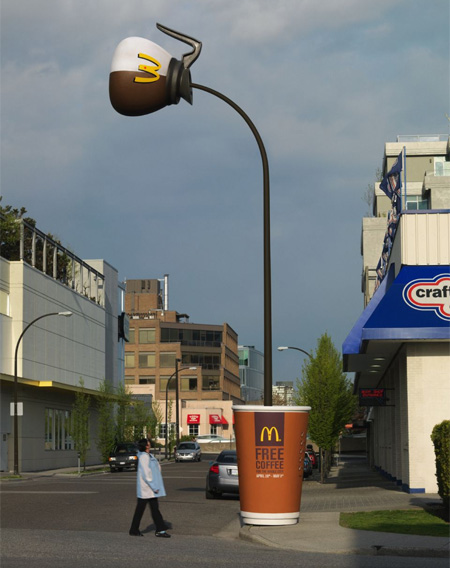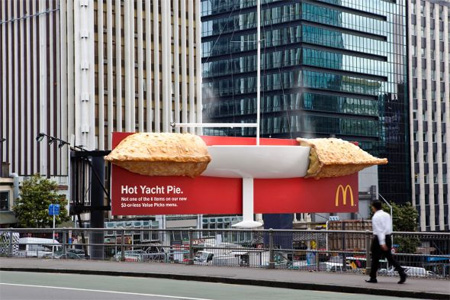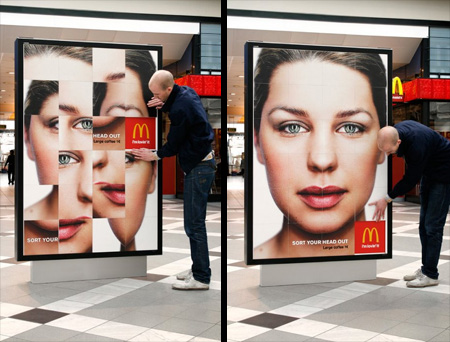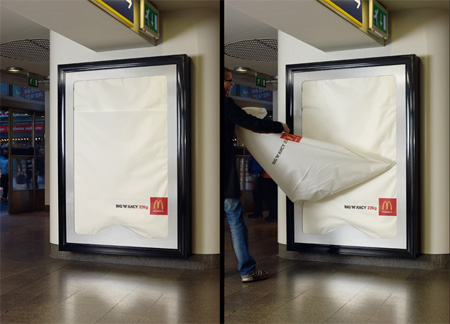After hearing so much about social media and the multitude of online venues open to advertisers, it became apparent to me that I often lump all of them together. In my head, I don't really distinguish between Twitter and Facebook. And neither do many companies in my opinion. Almost every company that has an active Facebook account also has a Twitter account. From what I've noticed, this doesn't mean they even do both well! So what are the major differences between Twitter and Facebook and the consumers that use each?
Well for starters, "daily Twitter users who followed a brand were more than twice as likely as daily Facebook users who 'liked' a brand to say they were more likely to purchase from the brand after becoming a social media follower" (eMarketer). Interestingly enough, Twitter only shows small snippets of information at a time. Maybe this plays into the ADD of the average Twitter user. We can only pay attention to something for so long before we tire of it. Also, it's much easier for Twitter users to see all of the people they are following in one swoop. All the status updates are on one page and now, with the new Twitter interface, you don't even have to click on the next page to see more. Facebook users, on the other hand, must dig through thousands of posts, pictures, and statuses in order to see one they actually care about.
In addition, Twitter followers are generally more likely than Facebook fans to recommend a brand that they follow to their friends. This word of mouth action is exactly what marketers strive for. Women, especially, get most of their information from their friends so maybe this means companies that target women should focus on Twitter accounts over Facebook.
One disadvantage to solely working with Twitter, however, is their small customer base. "Just 3% of US internet users follow a brand through the microblogging service" (eMarketer). Generally the users on Twitter who follow brands are the influencers, rather than the average consumer. This could be an advantage or disadvantage. If this influencer really does know a lot of people and their opinion matters to their friends, you could be reaching a much higher audience on a more personal level than previously expected. However, if their friends don't trust or listen to their product advice, you could be putting all of your eggs in one basket so to speak. Although this small consumer base may limit your reach potential, Twitter seems to have a higher ability to "switch" users from their current brand to yours. On Facebook, many people "like" a brand that they already use. Therefore, there isn't much more a company can do to make them increase their spending habits or purchasing power. They already buy the brand. On Twitter, you can reach one person who already buys the brand and through them, reach 30 people who may not even know of its existence.
Social media has its advantages and disadvantages, like any other media venue. But companies need to be aware of each individual social media site and who it is catering to. Up until this point, I didn't differentiate between Twitter and Facebook when it came to advertising. However, after looking into it, the consumers that use each one are extremely different in their personalities and their needs. Brands should make sure they aren't just using social media to jump on the bandwagon, but that they are understanding how it could help their brand in the long run.























